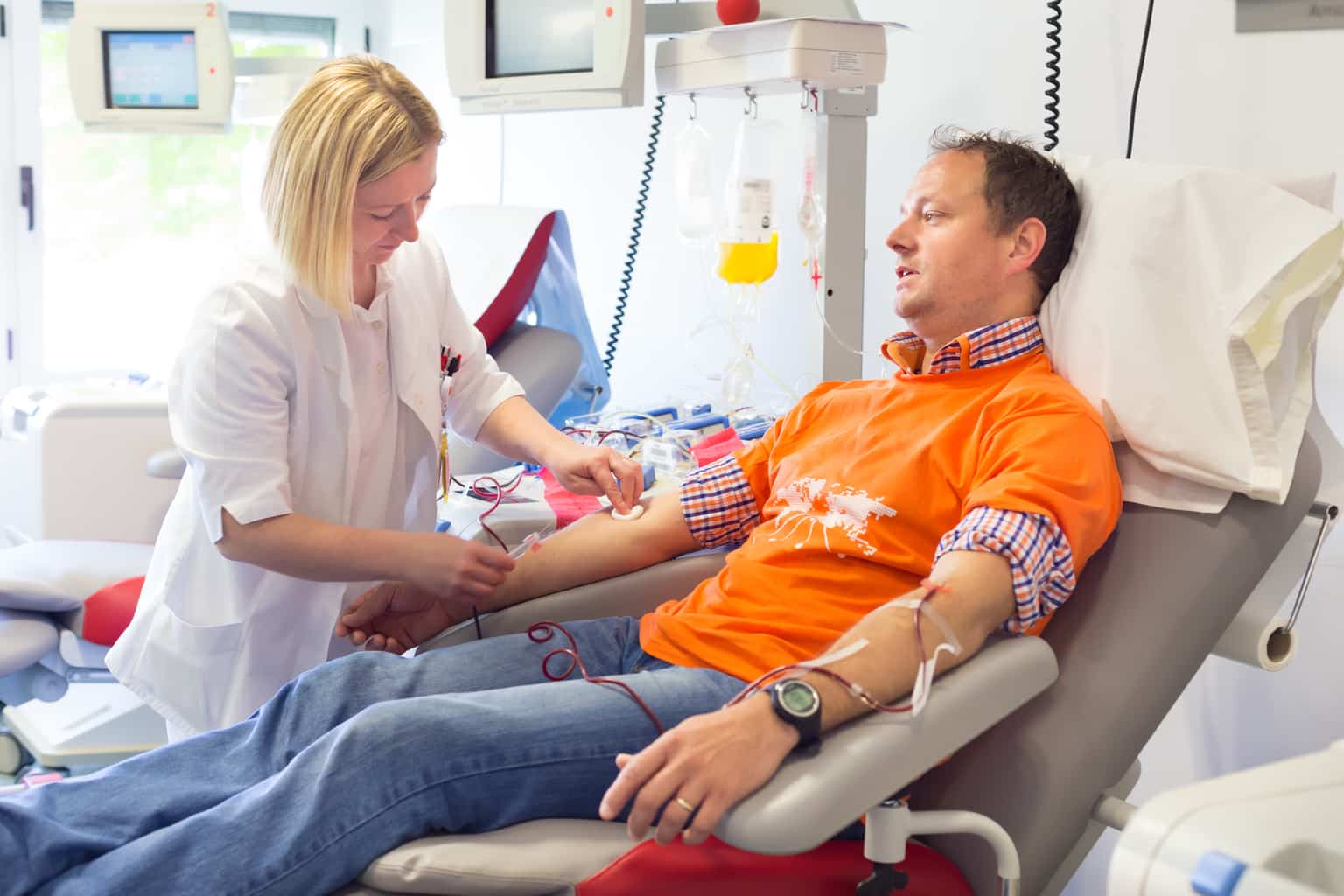
[cmamad id=”7793″ align=”center” tabid=”display-desktop” mobid=”display-desktop” stg=””]
We all know that we need the element iron as a nutrient.
So today, they’re adding iron to EVERYTHING, and at very toxic levels at that.
Most all baked goods contain added iron, cereals, and processed foods do too.
But all of this iron piles up in the body — you can have too much iron in the blood.
Studies link high iron levels to most long-term diseases, like heart disease and cancer.
Plus, most diabetics have high iron levels as well.
It’s necessary to our health — but is it also dangerous?
Is iron somehow causing these major illnesses?
Many studies show clearly that iron at least contributes to them.
So, will reducing iron lower your risk, or reverse these diseases?
[cmamad id=”7794″ align=”center” tabid=”display-desktop” mobid=”display-desktop” stg=””]
That’s what we’re looking at today — ways to lower iron levels, and how it affects health.
One thing that helps dramatically to get rid of iron is to get rid of blood.
We’re not talking about leaching or bloodletting like they did back in Medieval Times.
There are better ways that makes much more sense.
But blood does have a lot of iron in it — in fact, it is iron that gives blood its color.
So many men ask, can I donate blood periodically, to get rid of iron?
Researchers are starting to study this, and the results so far look encouraging.

In this study, researchers made two groups of volunteers.
They divided adults who were overweight and had poor blood sugar control into two groups.
The first group was the active test group.
They underwent two to three blood donations over the course of four weeks.
Researchers based the number of donations on ferritin levels — a protein that stores iron in the body.
And the control group did not have any blood donations.
And then the researchers compared the results from both groups to see how the donations affected the group.
The results in the test group were quite impressive.
Blood pressure dropped an average of 18 points in the donating group!
For this group of volunteers that means they went from a being considered hypertensive to pre-hypertensive.
And there were several other positive improvements as well.
Blood glucose, HbA1c, low-density lipoprotein/high-density lipoprotein ratio, and heart rate were significantly decreased by phlebotomy.
What that means is that the lower ferritin levels correlated to changes in blood pressure and insulin sensitivity.
And for diabetics, the results show real promise.
Fasting glucose, insulin, and A1C levels all showed improvements.
These numbers aren’t just important to diabetics — they are important for ALL of us.
Most men are heading down a path where blood sugar and blood pressure is more and more of a concern.
And just the simple kindness of donating blood lowered the numbers for the test group.
The control group, who didn’t donate blood, didn’t see these improvements.
These study results are very promising for people with diabetes, and anyone who may be at risk for it.
And the good news is that it’s a safe way to reduce iron levels.
Modern blood donation is very safe for most individuals, and side effects minor and minimal.
So, how can you see these results in your own health?
First, donate if you are eligible to donate blood.
Not only are there potential health benefits of blood donation, but your donation could help someone in need.
And yes, you can have diabetes and give blood.
You should also avoid vitamins with added iron unless you have been diagnosed anemic (too little iron is bad, too).
You’ll want to eat a low iron diet, too.
And avoid baked goods with added iron (including fortified breakfast cereals).
Instead, include foods like eggs and milk which not only are low in iron but also have compounds that lower your levels.
Coffee can inhibit iron absorption, too — so have your morning Joe.
Of course, the first thing you need to do is talk to your doctor, and get a full iron panel done.

https://bmcmedicine.biomedcentral.com/articles/10.1186/1741-7015-10-54

Leave a Reply